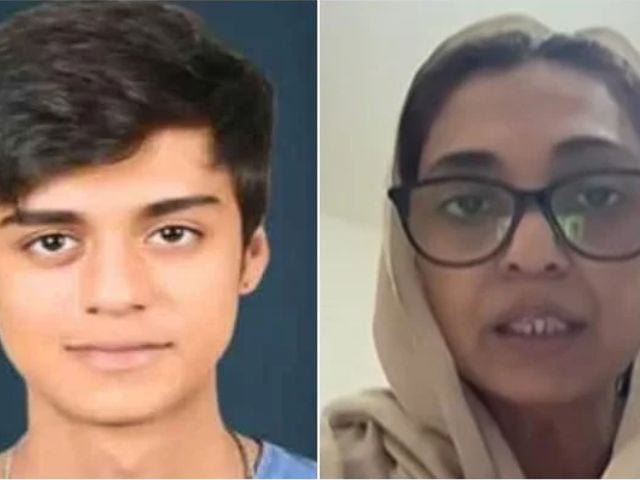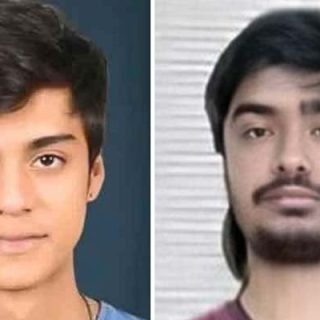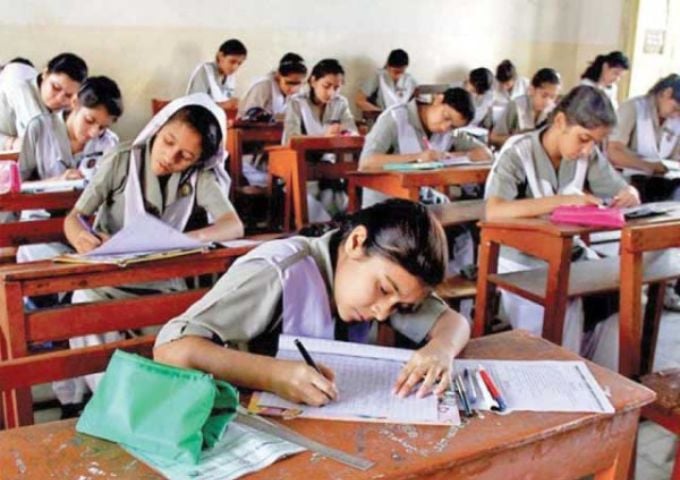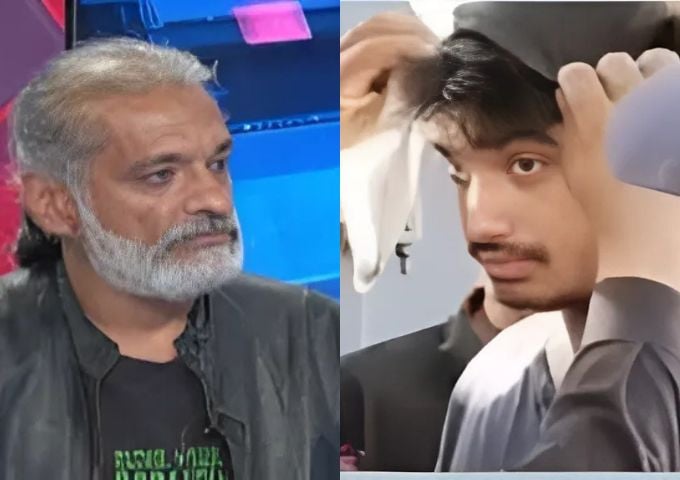
Mustafa Amir’s mother rejects blood money, demands justice for son
”
The mother of slain youth Mustafa Amir has firmly rejected any offer of diyat (blood money), demanding justice for her son’s brutal murder.
Wajiha Amir, while speaking to local news channel, stated that she wanted the case to reach its legal conclusion and would not accept a financial settlement under any circumstances.
Her remarks came after she was allegedly approached by the family of the main suspect, Armaghan, during a recent court hearing. She said Armaghan’s mother tried to negotiate, arguing that her son had no financial motive as he was already wealthy.
Mustafa Amir was kidnapped and allegedly murdered by his friends on 6 January in Karachi’s Defence Housing Authority (DHA). Police say his body was stuffed into the trunk of his car and later set on fire in the Hub area of Balochistan.
Speaking about the events leading to her son’s death, Wajiha Amir revealed that Armaghan had lied about Mustafa’s whereabouts when she desperately called for answers.
She further alleged that Armaghan and Mustafa had a longstanding rivalry, worsened by jealousy and negative influences from the suspect’s social circle.
As the investigation continues, Wajiha Amir, along with a social welfare organisation, led a protest at Karachi’s Teen Talwar, demanding justice.
Protesters held placards and banners, calling for justice for Mustafa. The demonstration also featured a candlelight vigil in Mustafa’s memory, with his mother actively participating.
Moreover, a judge handling the Mustafa Amir murder case was stripped of administrative powers after a high court panel found irregularities in his decision to deny police remand of the accused.
The ruling follows allegations of record tampering and judicial overreach, sparking concerns over the integrity of the proceedings.
A two-member Sindh High Court bench, led by Justice Zafar Rajput, issued a detailed verdict, ordering that Anti-Terrorism Court (ATC) Judge Zakir Hussain be removed from his administrative role.
The court found significant procedural violations, including improper handling of remand requests and unauthorized changes to official documents.
According to the ruling, the judge exceeded his authority by denying police custody of the accused, Armaghan, despite investigators presenting evidence.
The decision was particularly controversial as the judge initially approved police remand but later altered the order to judicial custody by using correction fluid.
The high court ruling highlighted serious lapses in case management, stating that Judge Hussain kept the investigating officer waiting for three hours before verbally instructing him to conduct a medical examination of the accused.
This delay, the court noted, hindered the investigation process.
The verdict also pointed out that the judge issued an order for a Joint Investigation Team (JIT) in the case—a decision that neither the prosecution nor the defense had requested.
The prosecutor general and police officials later challenged this directive, arguing that it was issued without proper legal grounds.
A medical examination of Armaghan found injury marks on his lower body, forehead, ear, and neck.
However, the legal medical officer’s report did not confirm if these injuries resulted from police torture.
The judge had cited allegations of police brutality as a reason for denying remand, but the high court found no sufficient evidence to justify his decision.
The Sindh High Court directed the Chief Justice and the Home Secretary to reassign the judge’s administrative powers to another anti-terrorism court in the public interest.
The verdict emphasised that trial court judges are accountable to the high court and must follow proper legal procedures when making decisions on custody and investigation orders.
The ruling further ordered that copies of the decision be sent to the acting Chief Justice of Sindh and the provincial Home Secretary, ensuring that the matter is formally reviewed at a higher judicial level.
”





